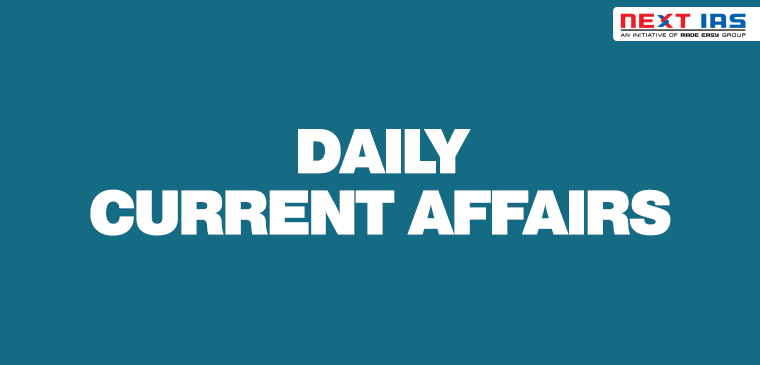
In News
Recently, the Union Minister of State for Home Affairs has replied in Lok Sabha that it is difficult to fix any criteria for language inclusion in the Eighth Schedule to the Constitution.
About
- The Eighth Schedule to the Constitution of India lists the official languages of the Republic of India.
- Part XVII of the Indian Constitution deals with the official languages in Articles 343 to 351.
- The Constitutional provisions relating to the Eighth Schedule occur in articles 344(1) and 351 of the Constitution.
- Article 344(1): It provides for the constitution of an official language Commission by the President, which shall consist of a Chairman and such other members representing the different languages specified in the Eighth Schedule to make recommendations to the President for the progressive use of Hindi for official purposes of the Union.
- Article 345: Official language or languages of a State subject to the provisions of Article 346 and 347.
- It would thus appear that the Eighth Schedule was intended to promote the progressive use of Hindi and for the enrichment and promotion of that language.
- Article 351: It provides for enriching the Hindi language by assimilating in it the forms, style and expressions used in the languages specified in the Eighth Schedule so that it may serve as a medium of expression for all the elements of the composite culture of India.
- The eighth schedule includes the recognition of the following 22 languages:
- Assamese, Bengali, Gujarati, Hindi, Kannada, Kashmiri, Konkani, Malayalam, Manipuri, Marathi, Nepali, Odia, Punjabi, Sanskrit, Sindhi, Tamil, Telugu, Urdu, Bodo, Santhali, Maithili and Dogri are the 22 languages presently in the eighth schedule to the Constitution.
- Of these languages, 14 were initially included in the Constitution. Subsequently, Sindhi was added in 1967; Konkani, Manipuri and Nepali were added in 1992; and Bodo, Dogri, Maithili and Santali were added by the 92nd Amendment Act of 2003.
- Assamese, Bengali, Gujarati, Hindi, Kannada, Kashmiri, Konkani, Malayalam, Manipuri, Marathi, Nepali, Odia, Punjabi, Sanskrit, Sindhi, Tamil, Telugu, Urdu, Bodo, Santhali, Maithili and Dogri are the 22 languages presently in the eighth schedule to the Constitution.
|
Classical Languages
|
Criteria to include Eighth Schedule
- There is no fixed criteria for any language to be considered for inclusion in the Eighth Schedule.
- The problem is that as the evolution of dialects and languages is dynamic, influenced by socio-eco-political developments, it is difficult to fix any criterion for languages, whether to distinguish them from dialects.
- Both attempts through the Pahwa (1996) and Sitakant Mohapatra (2003) Committees to decide the criteria yielded no result.
Source: PIB
Previous article
Railway Link Between India and Bangladesh Restored
Next article
Facts in News


